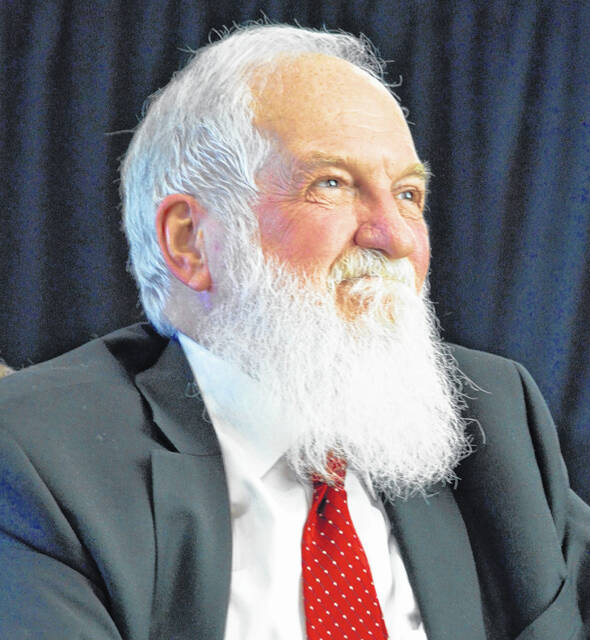
Yesterday, Jan. 6, now shares the annual opprobrium we historically reserve for such days of infamy as Aug. 24, 1814 (burning of the U.S. Capitol); Dec. 7, 1941 (Pearl Harbor); and Sept. 11, 2001 (World Trade Center). Even the most devout Christian may well think: “Ah, yes! January 6th! The first time our democracy has been violently besieged by insurrectionists since 1812.” It’s hard not to go there, these days.
Yet, for at least the last 1,800 years, Jan. 6 marked what we Christians believe to be an even more significant historical event. We call Jan. 6 Epiphany. Epiphany comes from the Greek epiphaneia, meaning appearance or manifestation, because this is the day we claim that Jesus Christ appeared to and was acknowledged by significant cultures beyond our own.
Biblically, Epiphany begins and ends in a brief passage found only in The Gospel of Matthew 2:1-12. We call this the story of the Magi, but over the centuries, both Christian and secular legends have expanded that starkly succinct story to be The Three Kings, or the Three Wise Men, with elaborate royal costumes and camels, and even a vast array of traveling attendants.
I have researched and taught this curious passage of scripture for nearly 50 years, and I am far from the only one who has done so. To my knowledge, none of us have come to any conclusion, save for these basic facts: These were not kings or wise men. There were most likely no camels involved. They did not arrive at the manger in Bethlehem, but quite a bit later, at Mary and Joseph’s home in Nazareth. There were not necessarily only three. They were not necessarily only men.
Yet, my pastoral concern is not that we have made too much of this brief biblical story but, rather, that we have made too little of it. We have, indeed, reduced this moment in Jesus’ birth narrative to an incidental side show. Were we to pause and ponder its deeper relationship to the whole of Jesus’ life and ministry, we would be faced full-force with profound cultural and religious implications.
For example, we know for relative certainty that these foreign visitors were some form of Magi. From ancient Latin, Magi means skilled, learned magicians, astrologers. From ancient Greek, Magi were Magos, meaning the Persian learned and priestly class. An even more ancient language, Old Persian, called these folks Magush, Magician.
I join those many Biblical scholars who believe the Magi were astronomers from the Zoroastrian faith, who most likely heard about the birth of a new Jewish “Moses”/prophet/leader, and had crossed over into the foreign land and strange culture of Jewish Israel to check it out. Intending to pay respects to this reputed new Jewish leader, they brought symbolic gifts, not unlike international diplomats do in their official visits to other countries today. Were they astounded to discover that this reputed newborn “Moses” was just an impoverished baby, residing in a carpenter’s hut, in a very obscure village? Did they perhaps drop off their gifts anyway, but then just headed back home, never to be heard from again … Or maybe not?
I can’t help but wonder what kind of conversation they had on the way back home! What did they share of their insights with Mary? What did Mary and Joseph share with them of their dreams? Might this be the source of Jesus’ teaching that his Father’s house has, in fact, “Many Mansions”? Might this be the source of Jesus saying to Peter that He has “sheep of other folds”? Might this brief moment in Jesus’ birth narrative hold clues to why so much of Christianity interweaves and overlaps with so many other religions and cultures, not just Judaism and Islam, but also Hinduism and Buddhism? Might there indeed be a deeper theological and cultural significance to this simple snippet from Matthew’s Gospel? May it be so!


